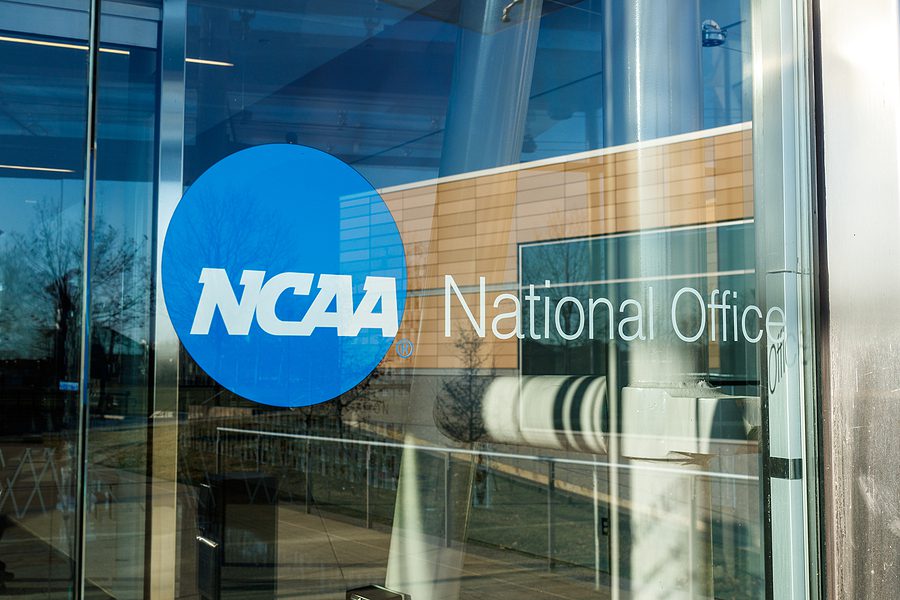MLB Spring Training is in full swing, and one of the most buzzed about topics down in Florida this year was Bryce Harper signing the biggest MLB contract in history. With a 13-year contract of $330 million, you can only imagine how taxes will come into play. While players aren’t paid for spring training beyond per diem stipends, some major tax implications are put on them during the season, especially following tax reform.
Big Changes for Income Tax Returns
Most professional athletes are W-2 employees. Under tax reform, the 2% miscellaneous itemized deduction was eliminated. Therefore, athletes can no longer deduct employee business expenses, which for some athletes means big changes in their itemized deductions. This change coupled with $10,000 cap on state and local income tax and real estate taxes has changed the landscape for professional athletes’ income tax returns.
For Bryce Harper, he will save tens of millions in taxes by signing with the Phillies over a California team because of Philadelphia’s low flat tax rate. Whether this was a factor in his decision or not, it will certainly help offset some of the incentives lost because of tax reform.
Paying the Price for Agent Fees
Some typical employee business expenses that are no longer deductible are agent fees, spring training or training camp lodging expenses, clubhouse dues, travel expenses and off-season training. If Bryce Harper paid Scott Boras the typical agent fee on $330 million, which would calculate out to be $9,900,000 if he pays 3%, Bryce would see a huge difference on his tax return if agent fees were still deductible. The typical agent fee is 3-5% – big numbers even on smaller contracts.
Should the MLB, or any professional sport, consider having the club pay the agent fee as part of the contract and reduce the salary to the athlete? This would be a win-win, the club would get a deduction for the payment to the agent and the salary paid to the player would be less, they end up whole and the player receives the lower salary, therefore, paying less tax. This would achieve the same, or better, results as they would have under the old tax law when they received a tax deduction for 2% miscellaneous itemized deduction for the agent fee.
Despite big changes to the tax law, there are ways for athletes to minimize their tax liability with proper planning. Contact an Anders advisor to discuss your specific tax situation, or learn more about the Anders Sports, Arts & Entertainment Group.






